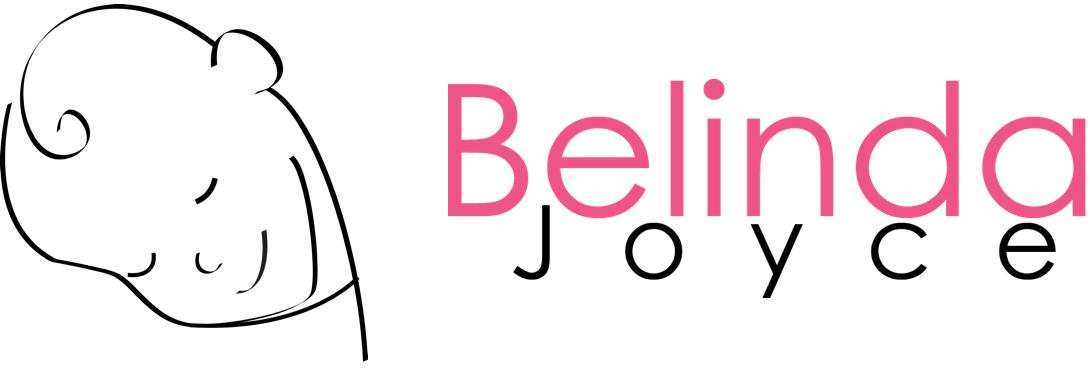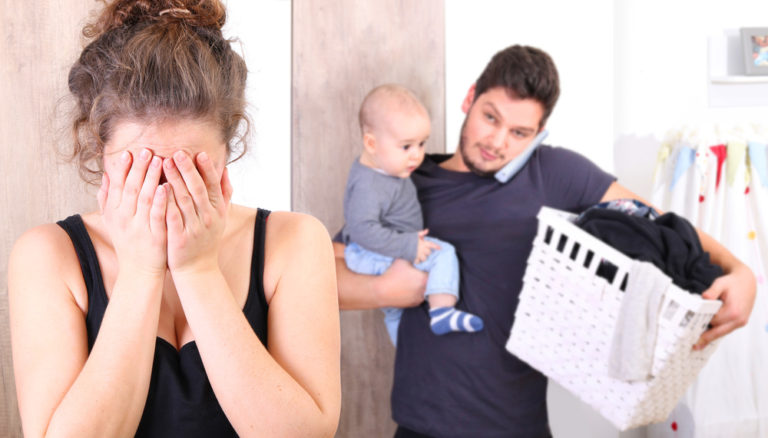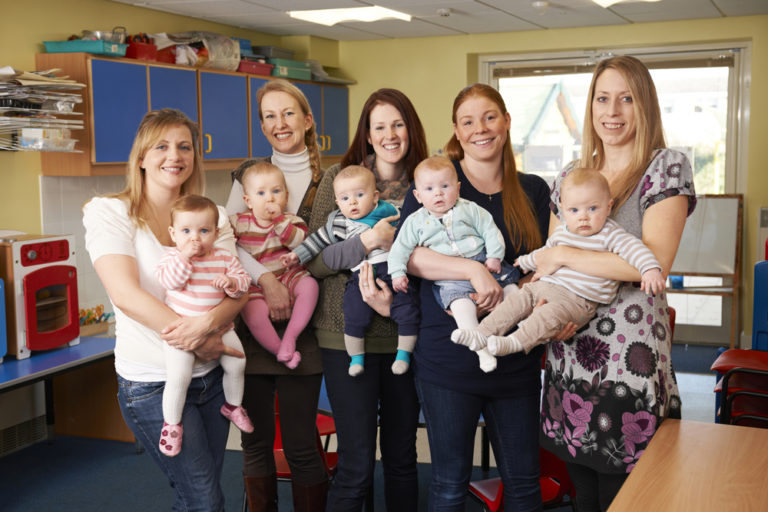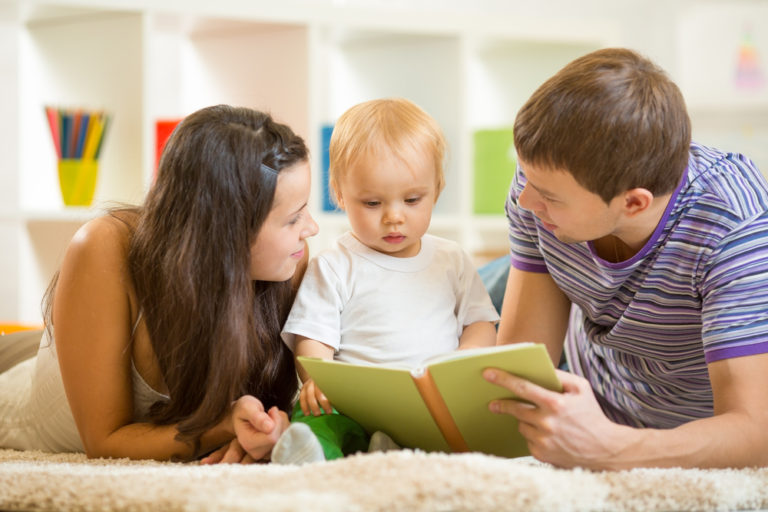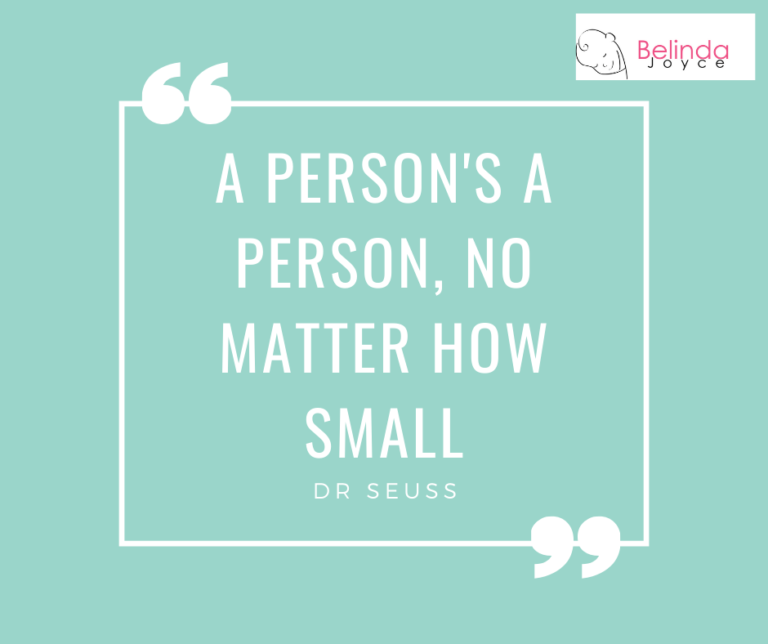How are you going with this parenting thing?
How are you going with this parenting thing?
Becoming a Mum or Dad is one of the most life changing moments in many people’s life.
It may be a role you had always wanted to fulfill but when you get there, the experience may be quite different than what you had expected.
The media shows us images of parents, particularly mothers cuddling newborn baby’s, they look like they have it all together as they look lovingly at their baby. In reality this couldn’t be further from the truth of what many new mothers and fathers look like.
DISCOVER HOW TO SURVIVE & ENJOY YOUR BABY!
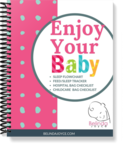 The pack is full of checklists and printables to help you improve sleep challenges with our flowchart, decide what to take to hospital, what equipment is essential, what to put in your nappy bag and so much more
The pack is full of checklists and printables to help you improve sleep challenges with our flowchart, decide what to take to hospital, what equipment is essential, what to put in your nappy bag and so much more
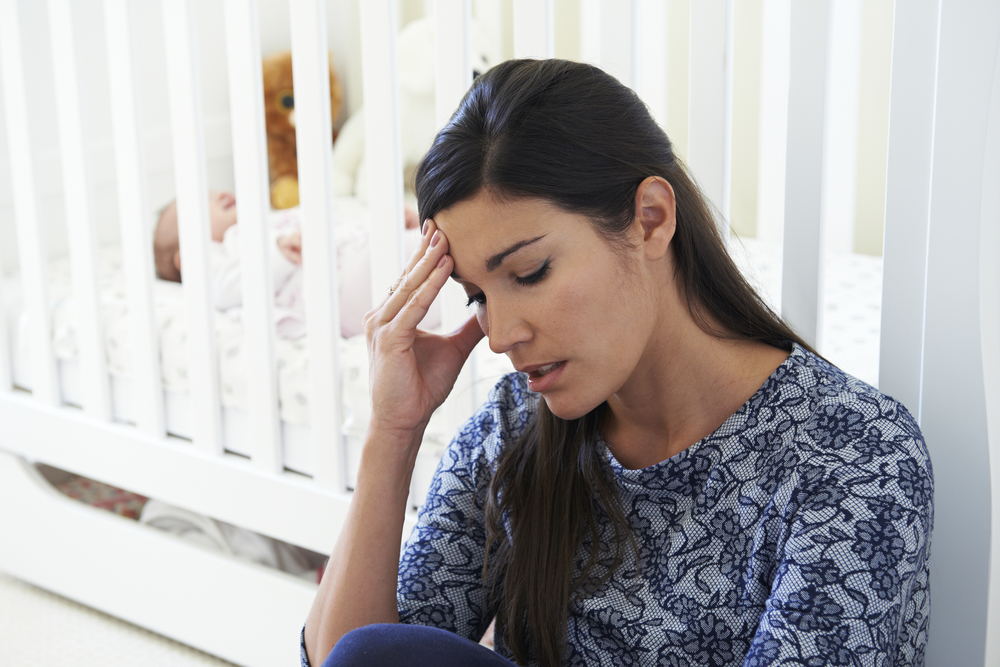
Your mental health is just as important as your physical health. In our society however, it is often less talked about and less obvious. I think this is improving as more parents speak out about their own experience and many celebrities are helping to normalise mental health challenges they have had.
Common mental health diagnoses are antenatal or postnatal depression or anxiety.
PANDA – Perinatal Anxiety and Depression Australia
Panda has developed a number of Mental Health Checklists for new and expecting parents to complete to check if they could do with some extra support in this often-challenging transition to parenting.
“One of the tricky things about having depression and/or anxiety as a new or expecting parent is that many symptoms can look similar to what most people experience at this time e.g. feeling tired, a bit irritable or emotional, or worrying about baby’s health.” panda.org.au
You can fill out the checklist online and it will give you a summary of your responses which you can take with you to the GP if required. No diagnosis is made by the checklist but the information can help your health care professional decide on the next step or referral to support you.
Your GP, Child Health Nurse or Midwife may ask you to complete an Edinburgh Postnatal Depression Scale (EPDS) questionnaire, this is different to the checklist but again is helpful for your Doctor if considering a diagnosis of Postnatal Depression or anxiety.
Try to fill these out as truthfully as possible, both are easy to ‘fudge’ if you choose to, but that won’t get you the help and support you need. It is not normal to have it all together when you are a new parent, we health professionals worry as much about a high positive score as a 0 score because no-ones life is perfect without some ups and downs.
Common symptoms of depression and anxiety:
(You may have one or more of these as they are different for everyone)
- feelings of sadness, low mood or feeling numb
- Feelings of anxiety about your baby’s wellbeing
- Difficulty sleeping even when the baby is asleep
- Not finding joy in activities that you used to love
- Not enjoying being with your baby
- Fear of being alone with your baby
- Panic attacks (shortness of breath, difficulty breathing, tightness in chest)
- Negative thoughts
- Feeling guilty
- Lack of appetite or over eating
- Lack of confidence
- Staying home and not wanting to leave the house/avoiding social contact
- Not looking after yourself
- Not coping with regular routine daily tasks
- waking with a sense of fear and anxiety, dreading and feeling overwhelmed with the day ahead.
- Thoughts of self-harm or harming your baby (if you are at immediate risk of harming yourself or your baby call 000 for assistance in Australia.)
Mental health support:
- PANDA National Helpline (Monday to Friday 9am – 7.30pm AEST) 1300 726 306
- Suicide call back service 1300 659 467
- Lifeline 13 11 14
- Beyond Blue 1300 224 636 24 hours/ 7 days a week
- To chat online, email Beyond Blue or join the forum visit: https://www.beyondblue.org.au/get-support/get-immediate-support
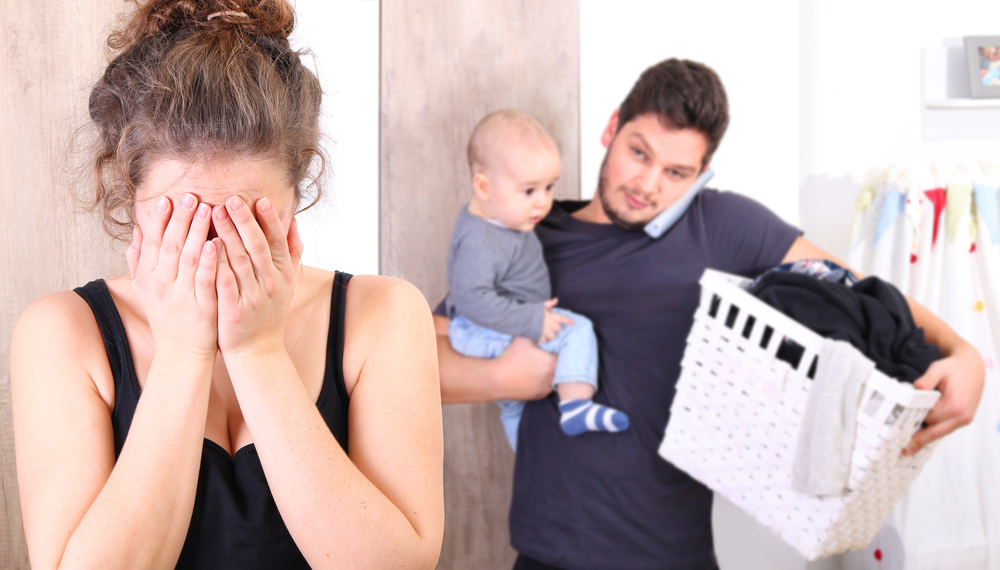
Websites:
Centre of Perinatal Excellence
Perinatal Anxiety and Depression Australia
Mensline
Relationships Australia
Mental health services:
Private and public services are available
Phone your local mental health team often located within public hospitals
Specialised services such as:
St John of God Raphael Services in VIC: Ballarat, Bendigo, Berwick, Geelong. WA: Perth, Wembley, Fremantle, Midland and Cockburn. NSW: Blacktown.
Different services operate throughout Australia, discuss with your GP or child health nurse.
Treatments for Postnatal Depression:
In most cases your GP will be able to refer you on to a Psychiatrist or Psychologist for care during this time, some of this may be Medicare funded. Some treatments include medication, counselling or cognitive behaviour therapy which helps you to notice negative thought patterns common in PND and learn to turn them around.
Don’t forget the importance of self-care, see Mum’s need to look after themselves as well post for more ideas to help you take care of yourself.
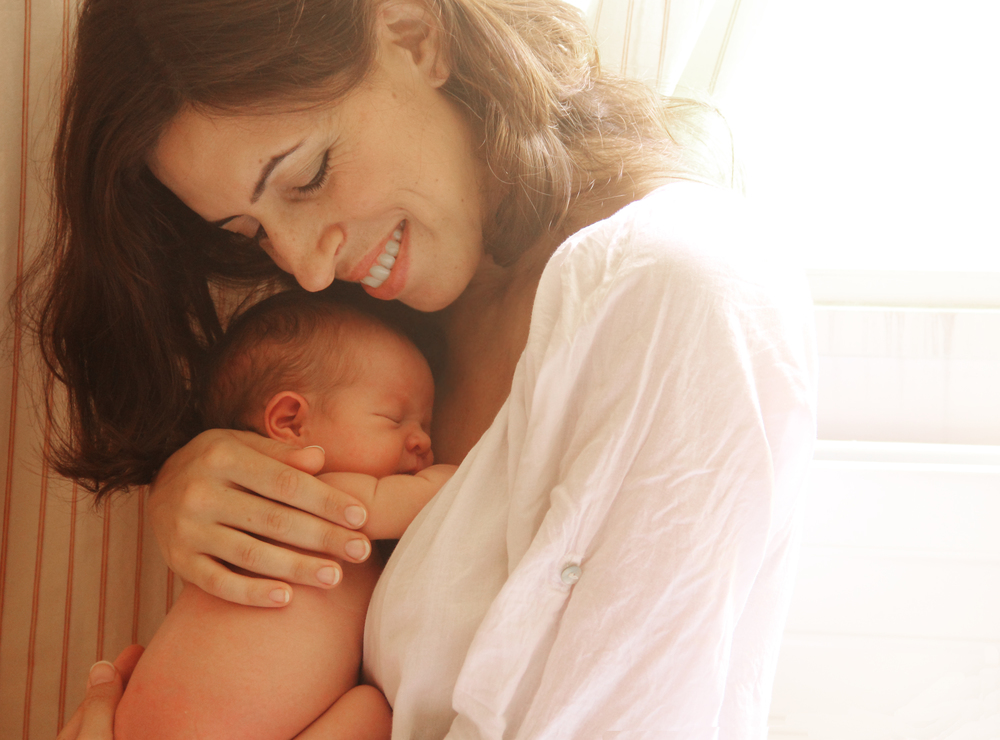
The most important thing is that you ask for help and gain some support to help you feel better in yourself and can better enjoy parenting your beautiful baby.
